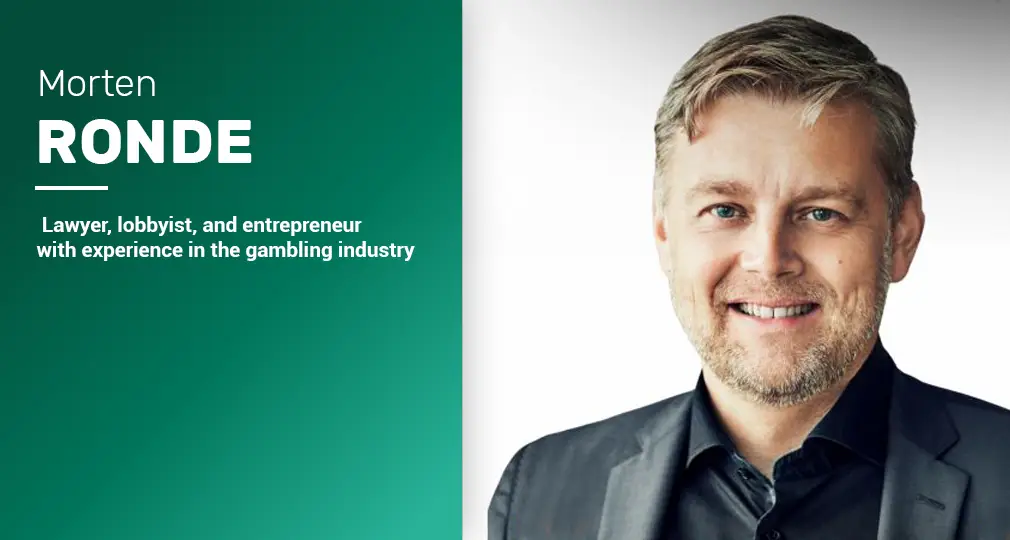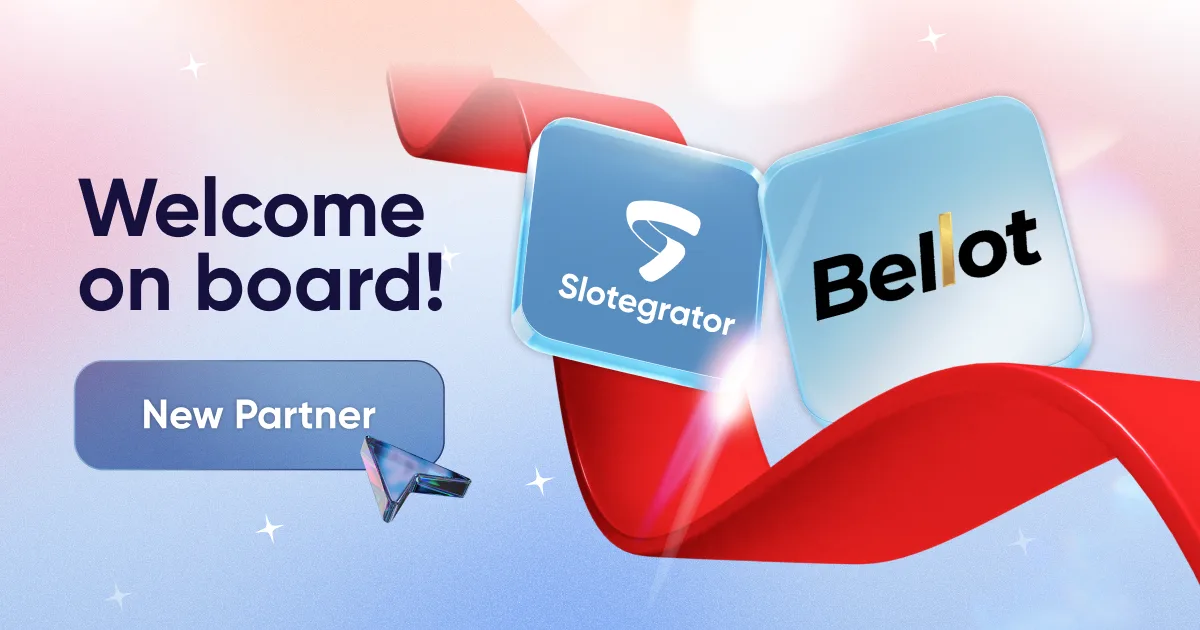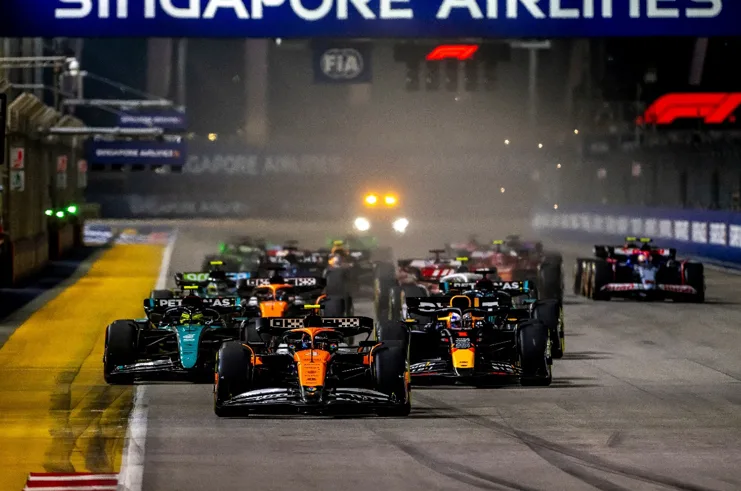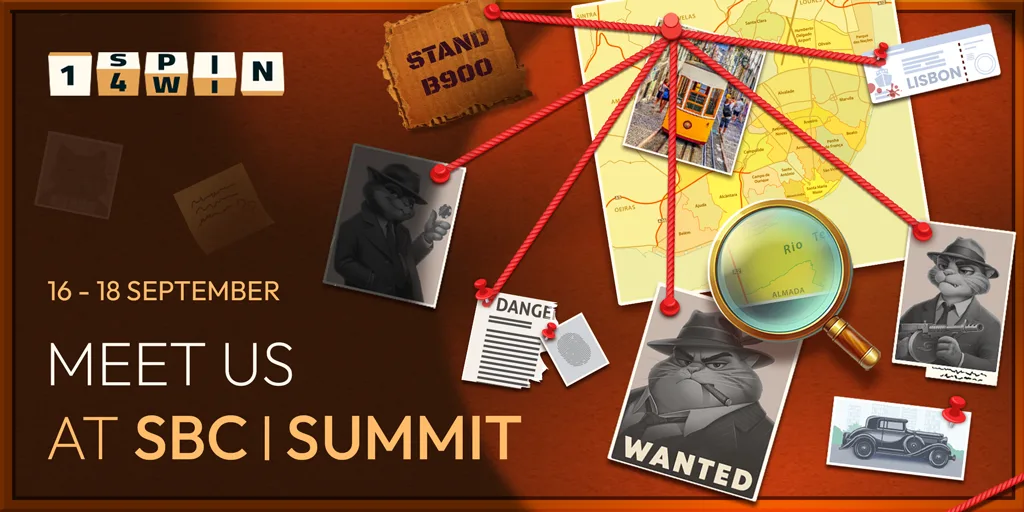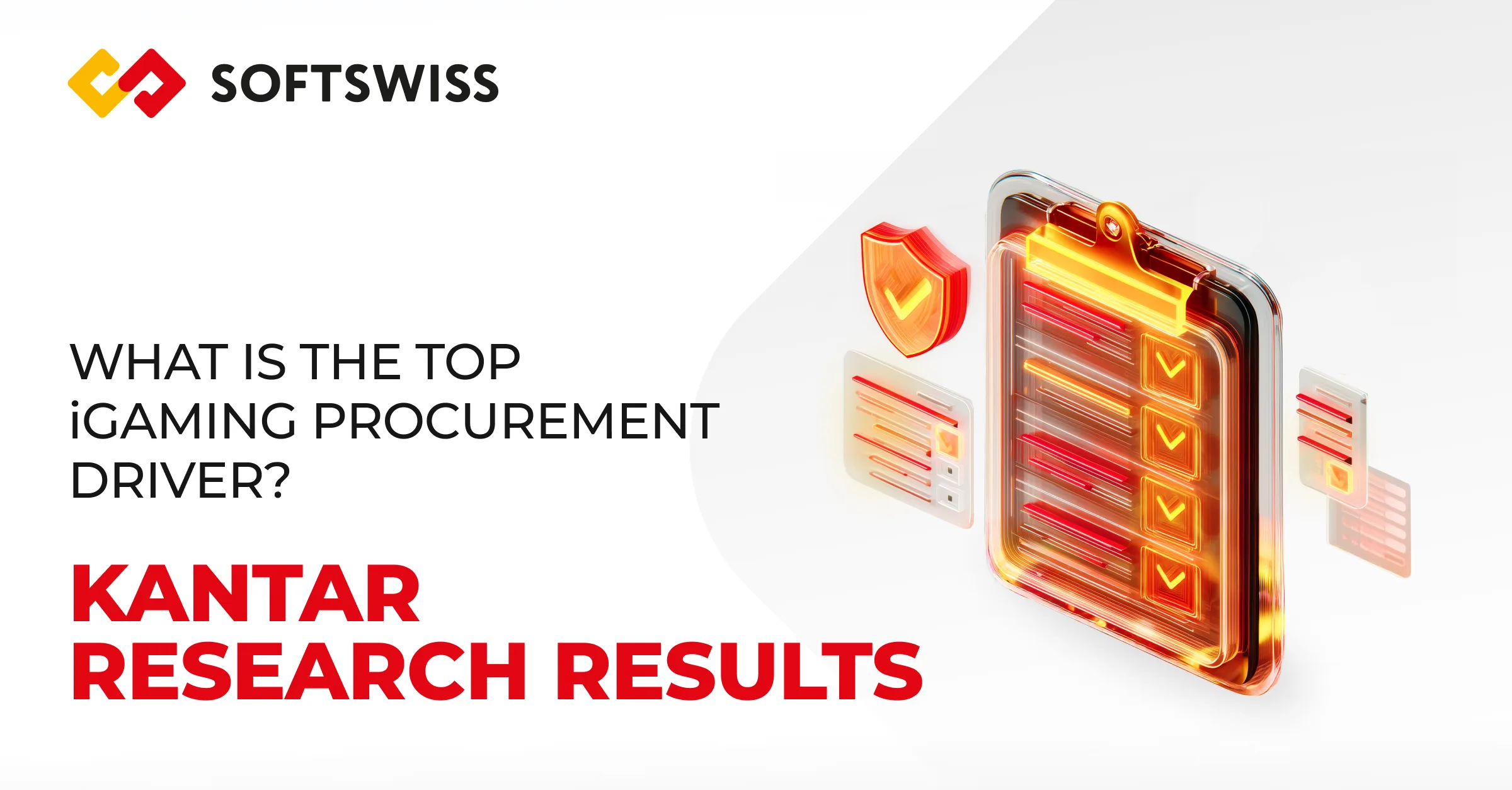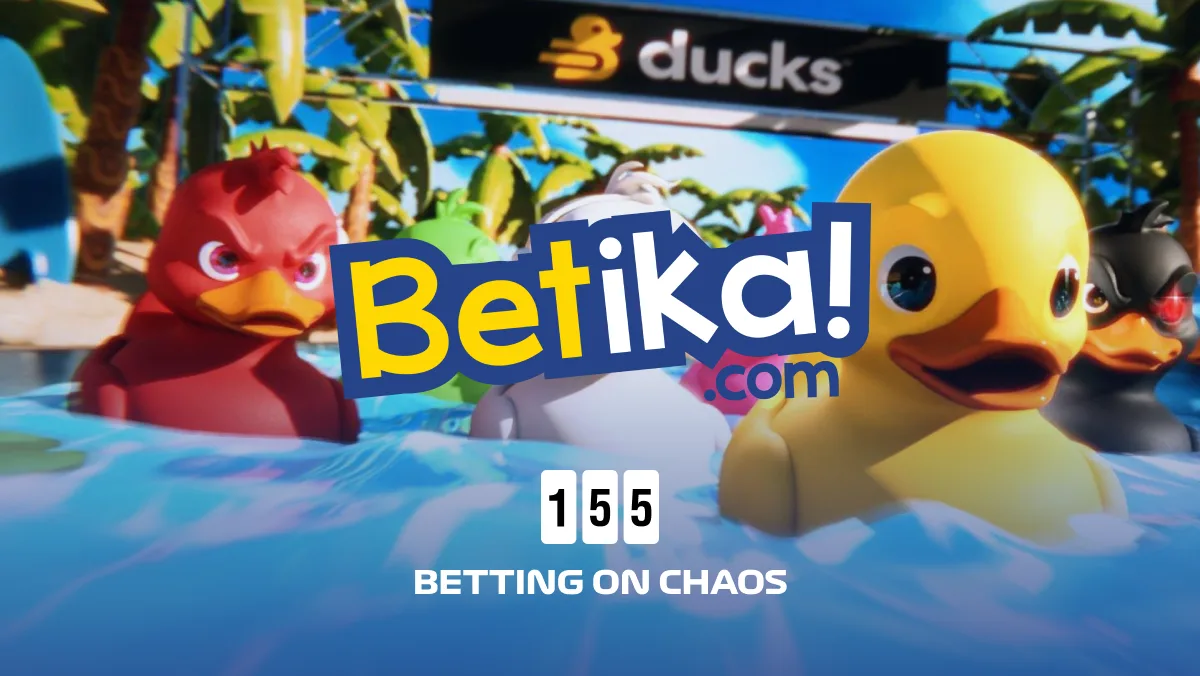Denmark is an attractive gambling market for a large number of operators, and its license is very popular among companies. However, it has several peculiarities, which are important to know when this country is in your focus.
Morten Ronde, a lawyer, lobbyist, and entrepreneur with experience in the gambling industry has provided an outlook on the market of Denmark, explained the regulatory framework, and discussed other topics, which are frequently raised in gambling news stories.
Why is Denmark’s gambling license one of the most popular licenses among online operators throughout the world?
Denmark was one of the first countries in Europe to adopt a sustainable gambling licensing model. The government intended to channel all of the illegal gambling into a legal and licensed gambling market with proper consumer protection. This could only be done by allowing the gambling industry operators to provide services under market conditions where they can offer all of the most popular games without too many restrictions. I think this is something that Denmark has succeeded in.
Which legal obstacles may operators face while entering the Danish gambling market?
It is not easy to get a license in Denmark. An applicant company has to go through heavy scrutiny from the regulator. Also, when the operator is licensed, it has to comply with the Danish regulation, which is perhaps a bit stricter than in other countries such as Malta.
Does the Danish government put pressure on the gambling business? If yes, what was done during the last year?
The Danish government increased the tax rate on gambling from 20% to 28% in 2021. This puts a lot of pressure on the profit margins of licensed operators, and it makes it easier for unlicensed gambling operators to get market shares. This is something that can become a problem.
What about gambling advertising in the country? What promotion channels are available to operators, in addition to digital space? Can they advertise their products, for example, on TV or radio?
Yes, the gambling operators can advertise their products on all available media. However, they must be sure not to target people who are under 18, and the operator has to include information about responsible gambling measures, such as the national self-exclusion registry and a +18 message.
It is a well-known fact that the country’s government is very strict about illegal gambling. Does it really help to detect and cease operations of unlicensed companies as well as to protect players from gambling addiction?
The experience is that it does help to some extent to put in place ISP blocks or other measures to detect illegal gambling operations. However, if the conditions for the licensed gambling operators become so bad that they can only offer inferior products, there is no way of stopping the players from betting on illegal gambling websites. We see this in other countries that are trying to block illegal gambling. I believe that the number of gambling addicts in Denmark is low in comparison with many other countries. 0.6 percent of the adult population is considered to be gambling addicts.
Digital casinos have more “freedom” in the country, while land-based venues meet some restrictions. For example, geographical competitive protection, which means that when a casino applies for a license, the regulator also considers its location. How does this affect the land-based gambling market?
Land-based casinos are restricted in numbers. In Denmark, there are approximately 10 casinos allowed. The regulation for land-based casinos is quite different from the regulation for online casinos, but the biggest problem for the land-based gambling establishments is that they have to pay 45-75% in taxation. This makes it difficult to make a profit.
Why is there such a difference between taxes for online and land-based sectors? Why does the online vertical pay 20% of GGR to the state coffers in comparison to 45-75% in the land-based sector?
It’s a decision from the Danish government. The government knew that it would not be possible to get any international online gambling operators to apply for a license if the tax was as high as it is for the land-based sector. Personally, I think that the government should lower the taxes for the land-based sector. It would create a higher turnover and the same state revenue from taxation.
Some years ago, the gambling market in Denmark was state-owned and monopolized. Now private companies also can apply for a license. How did this new approach influence the competition between state-run and independent operators, local and foreign ones?
The market has completely changed from the monopoly days to now, and the state-owned operator, which is still allowed to operate, has also changed its business entirely. Today, there is an open competition between the 40 operators licensed for betting and online gambling. The change has been very positive. Today, there is a very little black market compared to when there was a monopoly. There is higher protection of the players, and the state revenue has increased tremendously. I believe that it is a win-win situation.
Companies that violate the Danish gambling law are fined in most cases. Is it a frequent situation in the regulated market?
Some operators have received a fine from the Danish Gambling Authority or the Police. Unfortunately, the decisions are not published, so we don’t know how many operators have received fines.
What about anti-money laundering procedures? How difficult is it for operators to comply with them?
The AML procedures are based on the AML directives from the EU. So, it is not more or less difficult to comply with the AML regulation in Denmark than in other EU countries. That said, it’s an area that is closely monitored by the authorities, and compliance breaches are sanctioned heavily.
Read more: Best iGaming Aggregators






